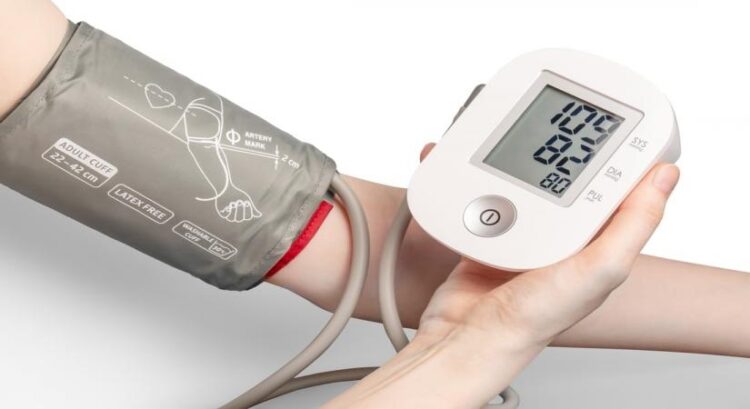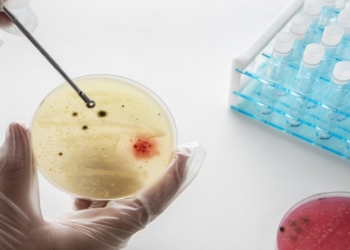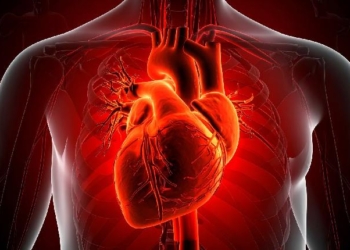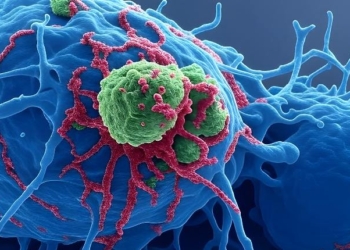Washington: A team of scientists has identified two new probiotics strains that can help lower high blood pressure that affects at least 40 per cent of the global population.
In experiments on hypertensive mice, treatment with the two probiotics — Bifidobacterium lactis and Lactobacillus rhamnosus — returned blood pressure to normal levels.
The researchers also tracked how those probiotics altered the animals’ gut microbial mix over 16 weeks, identifying specific microbes and metabolic pathways that may help explain the protective effect.
“Accumulated evidence supports an antihypertensive effect of probiotics and probiotic fermented foods in both in vitro and in vivo experiments,” said computational biologist Jun Li from the City University of Hong Kong.
Her team worked with microbiologist Zhihong Sun at Inner Mongolia Agricultural University on the study published in the journal mSystems.
“We believed that the dietary intake of probiotic foods would well supplement traditional hypertension treatment,” Li added.
In the new study, the researchers tested the 2 probiotic strains on mice that developed high blood pressure after consuming water mixed with fructose.
They found that fructose-fed mice that received either probiotic showed significantly lower blood pressures than those fed a high fructose diet and not treated with probiotics.
In addition, the researchers found no difference between the blood pressure readings of fructose-fed mice that received probiotics and a control group of mice that only drank water.
That suggests probiotic interventions would maintain blood pressure at normal levels, Li said.
The researchers are now planning a large clinical trial to see if the protective effect of probiotics extend to people with hypertension.
“Probiotics present a promising avenue in preventive medicine,” Sun said, “offering potential in regulating hypertension and reshaping our approach to cardiovascular health.”
(IANS)
















